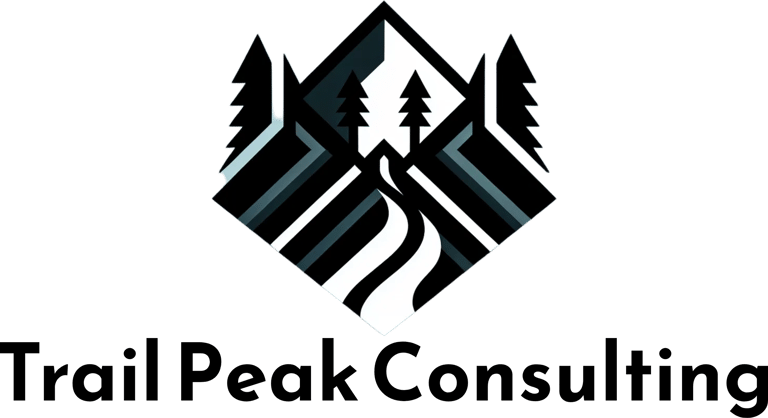The Pros and Cons of Running a Small Business Without CRM Software
3/31/20252 min read


Introduction: Understanding the CRM Landscape
When it comes to managing a small business, there are countless tools and strategies to help you stay organized and productive. One common debate among entrepreneurs is whether to utilize Customer Relationship Management (CRM) software or not. In this post, we’ll explore the pros and cons of owning a small business without the aid of CRM software, helping you understand if this approach is right for you.
Pros of Running a Business Without CRM Software
One of the major advantages of not using CRM software is cost-saving. For small businesses, every dollar counts, and skipping on software licenses and monthly subscriptions can lead to more financial flexibility. Additionally, managing customer relationships without a CRM may encourage a more personal touch.
Without the barriers of complex software, entrepreneurs often find that they are more agile and can adapt quickly to changes in customer needs. You might be able to shift your business strategy on a dime without being tied to a specific workflow dictated by CRM platforms. Lastly, some small business owners report feeling less overwhelmed without the bells and whistles of a software solution, allowing for clearer and more direct communication.
Cons of Skipping CRM Software
Despite the advantages, there are significant drawbacks to managing a business without CRM tools. One of the primary downsides is the potential for disorganization. Without a centralized place to store customer data and interactions, important information may be lost or mismanaged. This can lead to missed opportunities and decreased customer satisfaction.
Furthermore, the lack of data analysis capabilities can hinder growth. CRM software can provide valuable insights into customer behaviors and trends that can inform your marketing and product strategies. Without this kind of data, you may find it more challenging to compete in the market.
Moreover, as your business grows, manual management processes may become unsustainable. Tracking relationships through spreadsheets or basic documents can be time-consuming, resulting in lost sales or delayed responses. This inefficiency can create a negative experience for your customers and ultimately affect your bottom line.
Finding the Right Balance
Reviewing both sides is essential when deciding whether to invest in CRM software. While the personal touch and flexibility of managing your relationships manually are appealing, consider if your growth projections align with the effort required to maintain that personal approach. A gradual transition to CRM software can also be a viable option, where you start with free or low-cost solutions that grow as your business does.
In conclusion, weighing the pros and cons of owning a small business without CRM software involves deeply understanding your unique business needs and future plans. Reflect on how much time you are willing to invest in customer management, and don’t hesitate to seek advice or do more research. It’s all about finding the right balance that works for you and your customers!
© 2025. All rights reserved.
Contact Us
307-222-9823
info@trailpeakconsulting.com
sales@trailpeakconsulting.com
Location
2232 Dell Range, Blvd.
Suite 245 - 3984
Cheyenne, WY 82009
